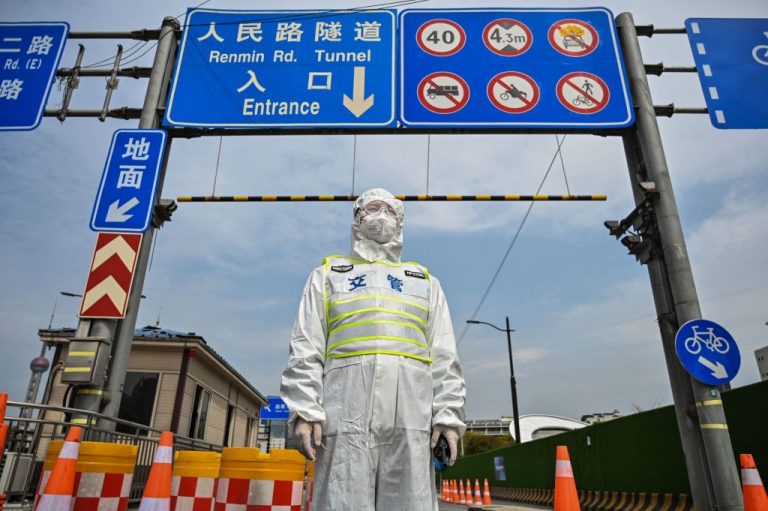The head of an industry-leading semiconductor manufacturing company says consumer demand for personal electronics is waning while production costs are on the rise.
Taiwan Semiconductor Manufacturing Co. (TSMC) Chairman Mark Liu gave comments on March 30 that consumer demand for televisions, smartphones, and personal computers are down “especially in China,” according to Nikkei Asia.
Liu also remarked that production costs are up amid the global trend of inflation, but implied that although the hit to citizens’ pocketbooks had not yet arrived, but “could eventually be passed on to consumers.”
But the Chairman noted that outside of the retail market, business is still booming.
“We still see robust demand in automotive applications and high-performance computing as well as internet of things-related devices,” he stated. “We still cannot meet our customers’ demand with our current capacity.”
Success
You are now signed up for our newsletter
Success
Check your email to complete sign up
Reporting by Bloomberg implied the causation for the reduction in Chinese consumer demand is attributable to large scale lockdowns implemented by the Chinese Communist Party as it struggles and fights against Coronavirus Disease 2019 (COVID-19).
Starting March 28, wealthy metropolis Shanghai was subjected to a city-wide total lockdown, which affects a staggering 26 million people.
Under the measures, citizens have been placed under wide scale house arrest and told food will be delivered to their homes. All public transportation has been shuttered, and businesses considered “non-essential” have been forced to close.
Chinese netizens have noted that the Communist Party has employed a special “militia” in Shanghai to enforce measures and control social stability.
Bloomberg calculated that lockdowns are costing the Party a staggering $46 billion per month, amounting to 3.1 percent of GDP.
According to The Register, Liu also stated that China accounts for more than half of the entire human race’s consumer electronics demand.
Reports from Taiwan’s Liberty Times stated that TSMC workers at the giant’s Shanghai plant will be required to spend the entirety of their four days of lockdown living at the facility.
In February, Reuters reported that according to a Chinese government industry body that shipments of smartphones had fallen a staggering 18 percent year-over-year inside the country from 39.6 million in January of 2021 to only 32.7 million in December.
On March 28, Taipei Times, citing data from Taiwan-based market researcher TrendForce Corp, reported that global smartphone production would drop by 2.5 percent, forecasting a haircut of close to 15 million units.
The company was paraphrased as stating, “However, as COVID-19-induced disruptions and semiconductor shortages linger, coupled with concerns about inflation and energy supply, smartphone production might be subject to further downward revisions later.”
Although TrendForce related some of the causes to the ongoing war between the Russian Federation and Ukraine, it notes that the two countries, which amount to close to 190 million people combined, only amount to 3 to 4 percent of the worldwide market.
Russia amounts to 85 percent of the market share between the two nations, with Samsung, Apple, and China’s Xiaomi leading sales pre-boycott.
TrendForce also censured the mainland for its attempts to crush COVID with its dubious Zero-COVID Policy, noting, “Not only will this policy exacerbate labor and material shortages in the intricate smartphone supply chain, pandemic prevention activities will also throw cold water on demand.”
The company projected the Party’s policy choices as causing a downturn of 25 million shipments, based on present data, but was paraphrased as stating “that the possibility of a continued downturn cannot be ruled out.”


















